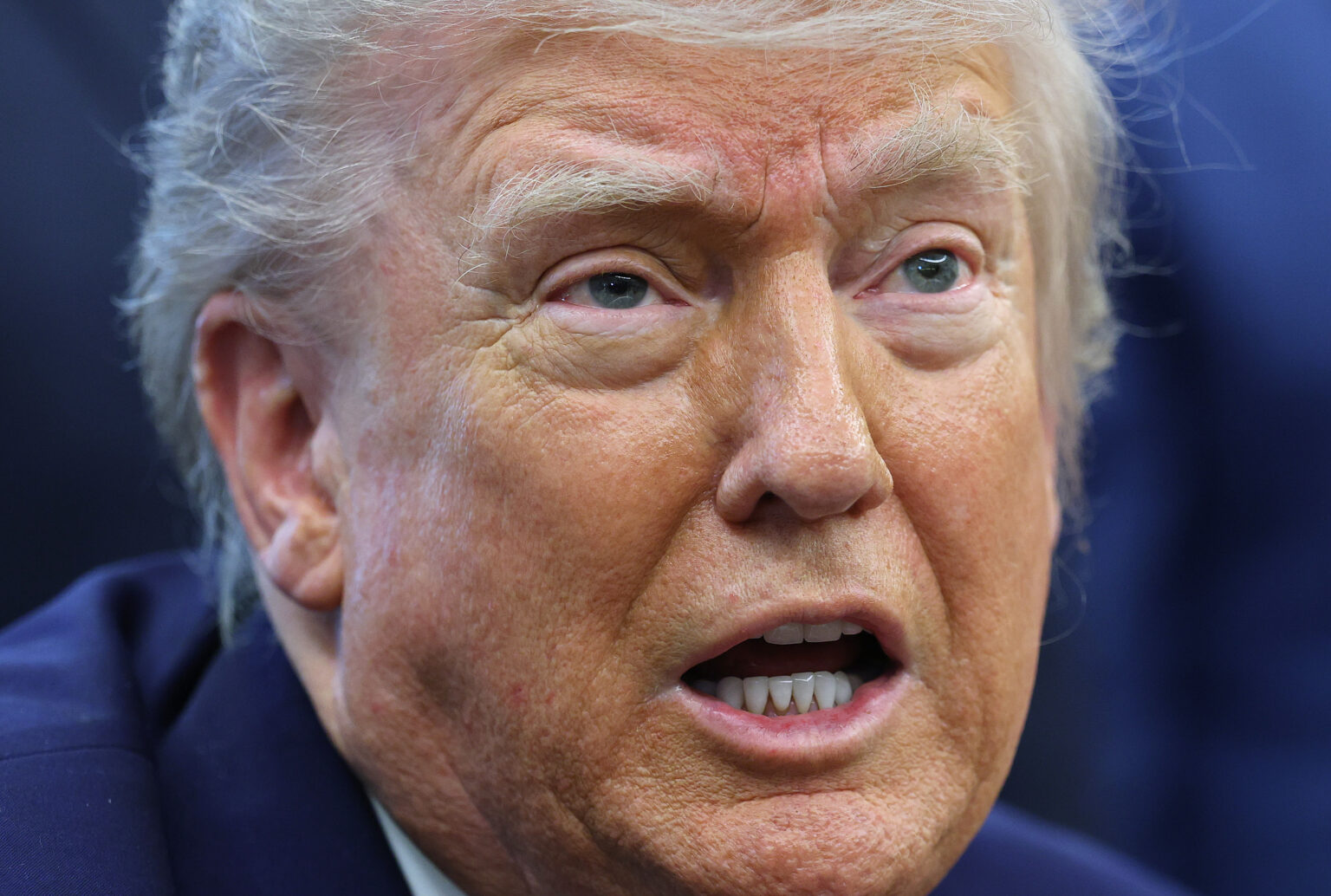The Trump administration suffered three legal defeats within hours on Friday as opposition to its policies continues to be channeled through the courts.
In Washington, D.C., a federal judge rejected the administration’s attempt to overturn her initial May 19 ruling that the U.S. Institute of Peace must be returned to the control of its original board, while an executive order targeting law firm Jenner & Block was ruled unconstitutional. Simultaneously, in Massachusetts, a judge ruled that the removal of articles from a federal government hosted patient-safety resource in response to Trump’s executive order on “gender ideology” violated the First Amendment and must be reversed.
Newsweek contacted the White House for comment on Saturday via email outside of regular office hours.
Why It Matters
With Republicans enjoying a slim majority in both the House and Senate the courts have emerged as one of the main impediments to policies pursued by the second Donald Trump administration.
Since Trump’s return to the White House in January the government has suffered legal defeats on a range of issues including the deportation of illegal migrants to countries other than their own, the freezing of billions in foreign aid and a ban on transgender personnel serving in the military.
U.S. Institute of Peace Ruling
On Friday U.S. District Court Judge Beryl A. Howell rejected the Trump administration’s request that she suspend her May 19 ruling in which she concluded its decision to fire the board of the U.S. Institute of Peace was illegal and thus “null and void.”
Howell said the government had failed to provide a “strong showing” indicating its case could succeed on its own merits. In May she concluded the Institute of Peace was not part of the executive branch and thus the firing of its board in March, following a takeover by the Elon Musk-run Department of Government Efficiency (DOGE), was unlawful.
Jenner & Block Ruling
District Court Judge John Bates, a George W. Bush appointee, ruled that President Trump’s executive order targeting the Jenner & Block law firm was likely unconstitutional and thus blocked in full.
Bates concluded the order “seeks to chill legal representation the administration doesn’t like, thereby insulating the Executive Branch from the judicial check fundamental to the separation of powers. It thus violates the Constitution and the Court will enjoin its operation in full.”
Following his second presidential inauguration in January Trump signed a number of executive orders targeting law firms that had either been involved in civil or criminal cases against him or had represented his political opponents.
The orders stripped security clearance from the relevant firms’ employees and blocked them from accessing federal buildings.
Agency for Healthcare Research and Quality
Massachusetts District Judge Leo T. Sorokin, an Obama appointee, on Friday granted in part a preliminary injunction requiring articles to be restored to patient-safety resource services that were removed in response to Trump’s January 20 executive order targeting “gender ideology.”
Sorokin granted the preliminary injunction on the basis that “the plaintiffs are likely to succeed in proving that the removal of their articles was a textbook example of viewpoint discrimination by the defendants in violation of the First Amendment.”
Consequently he said: “The defendants must restore the patient-safety articles they removed from the online resource at issue.”
What Happens Next
The Trump administration is likely to continue to find its policy agenda frustrated by legal challenges from critics who argue some of its actions are illegal or unconstitutional. Trump has hit back at judges involved in some of the decisions against his government raising the prospect of a prolonged confrontation between the executive and legal system.
Read the full article here

